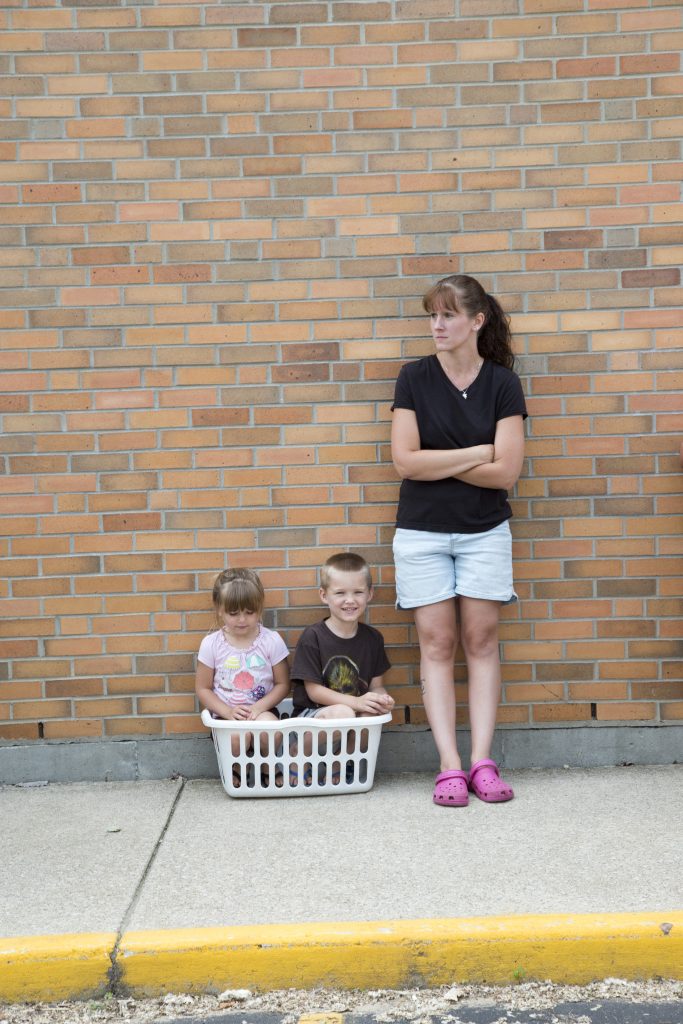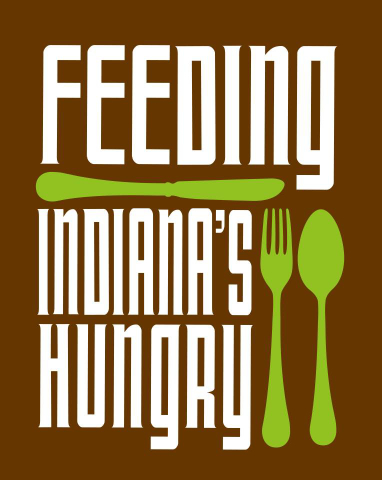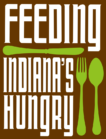Proposed SNAP Cuts will Hurt Hoosiers
What is an emergency? A storm? Maybe a flood or a fire? What about  an act of violence or a health problem? Certainly. But it’s also an emergency when a family doesn’t have anything to eat for dinner.
an act of violence or a health problem? Certainly. But it’s also an emergency when a family doesn’t have anything to eat for dinner.
Anti-hunger aid is generally called “emergency food assistance.” This includes the work done day in and day out by food banks, pantries, child hunger programs, and others around the country. They do amazing work with meager resources and donated food to keep that family from skipping meals and being hungry.
But the work of the charitable sector only accounts for about 10% of emergency hunger relief in the US. By far the largest emergency food program, providing help for more than 700,000 Hoosiers last year, comes from the Supplemental Nutrition Assistance Program (SNAP). SNAP also keeps that family from skipping meals while generating local economic activity because the benefits are used to purchase food at grocery stores and markets.
Working for an organization supporting anti-hunger programs without any food assistance to offer, I still receive calls from Hoosiers who need food right now. A worried mother who knows that there is no food in the house when her kids come home from school. A grandmother struggling to feed grandchildren she is raising. A recently unemployed dad who doesn’t know how he can keep a roof over his family’s head, pay the bills, find a new job, and feed his family. These are emergencies. Many of us are fortunate to never experience this kind of crisis, but when it happens to you, it is just as critical as a flood or a fire. SNAP provides vital emergency relief for many Hoosiers.
Right now, Congress is considering massive cuts to SNAP that will have a deep impact on millions of Americans when they find they are no longer eligible to receive help feeding their families or their benefits are cut, and they’re running out of options. These cuts will leave a hole in the food budget of families that the charitable sector cannot fill. Cuts in SNAP benefits or eligibility have often been considered by some Members of Congress as a way of shrinking the deficit, reducing a real or imagined reliance, or seeking to incentivize desired behaviors. While these are not unreasonable goals, it is wholly unacceptable to not provide food to someone who is hungry in this country. I implore our Members of Congress, particularly Congressman Rokita, the vice chair of the House Budget Committee, to oppose any budget that uses the reconciliation process to cut key programs, including SNAP, that help the struggling families we serve. Hunger must not be an emergency for another Hoosier family.



